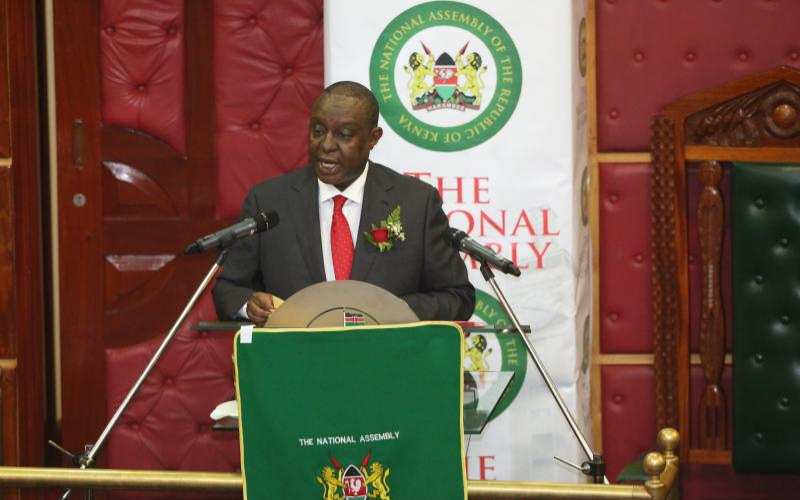×
The Standard e-Paper
Stay Informed, Even Offline

Former Treasury CS Henry Rotich [File, Standard]
Contractor in the scandal-ridden Kimwarer and Arror dams project changed its names and made it hard to know which company Kerio Valley Development Authority (KVDA) was dealing with, the Director of Public Prosecution Noordin Haji has revealed.